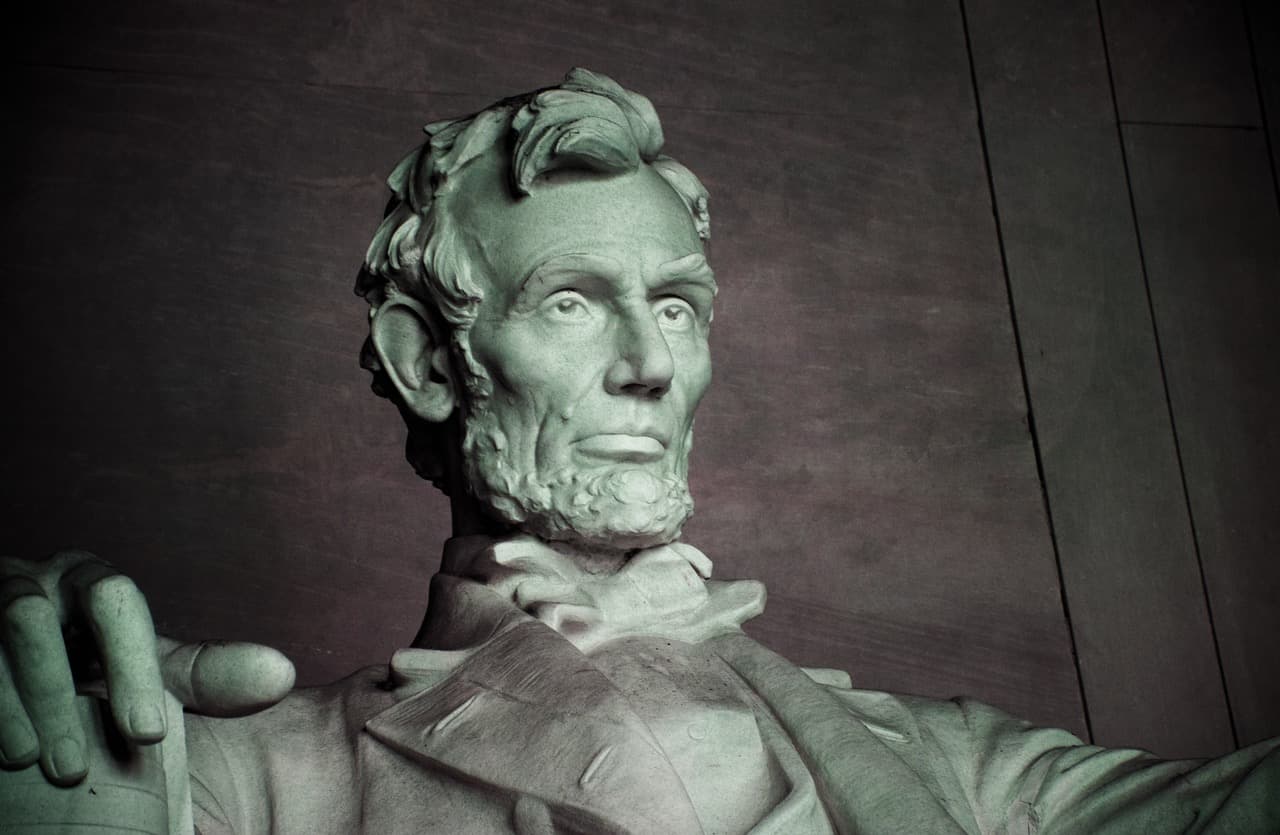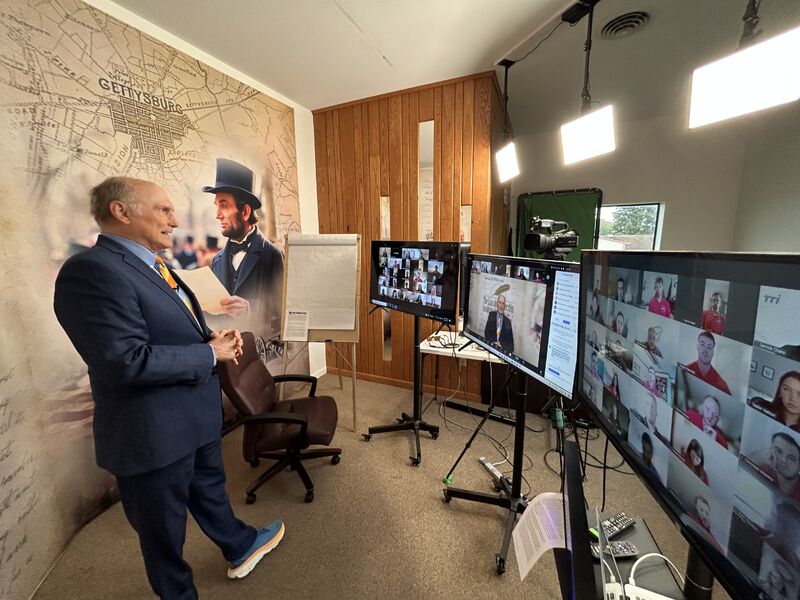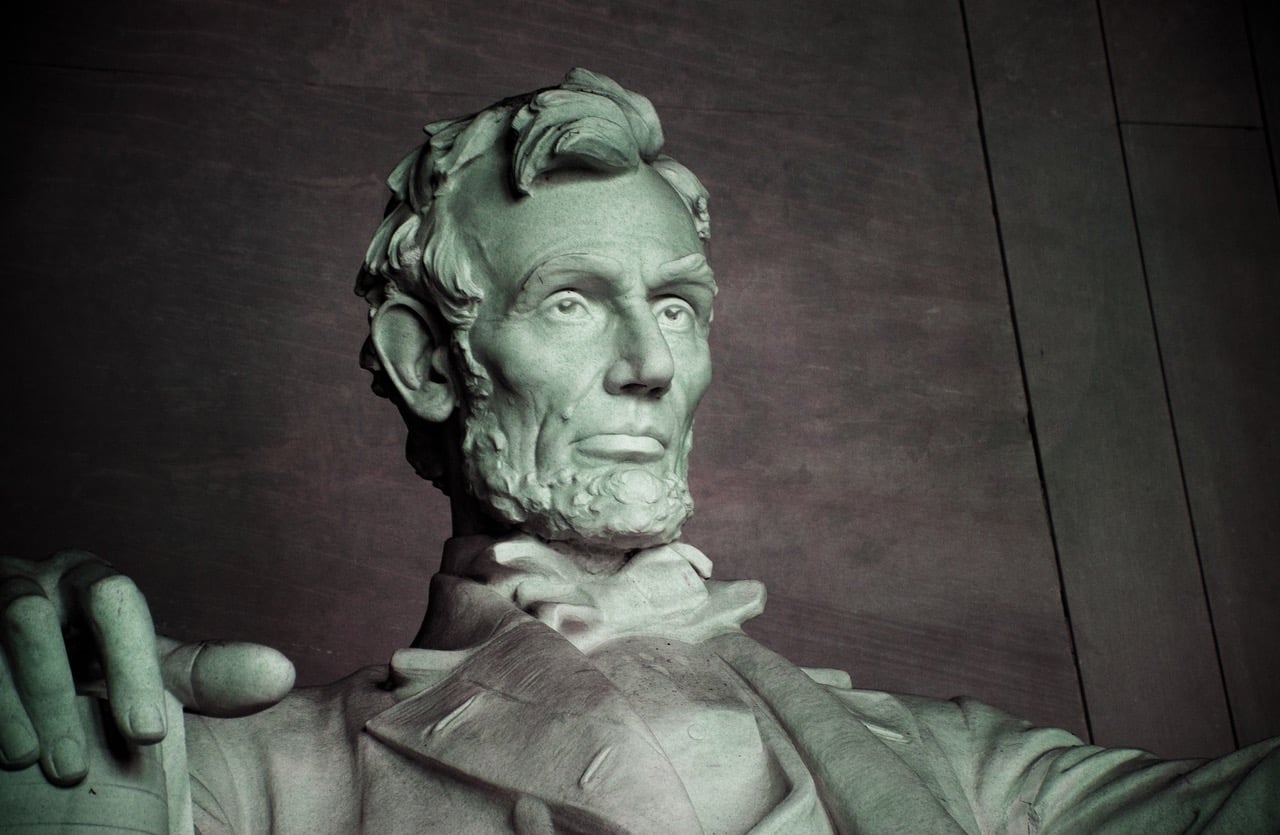
Maximizing Your Leadership Journey: Lessons from Gettysburg
By Guest Contributor
Published on March 4, 2024
Beyond Theory: The Power of Experiential Leadership Learning
Embarking on a leadership journey is more than just studying theories or best practices—it's about fully immersing yourself in experiences that shape the way you lead. At the Lincoln Leadership Institute, we've discovered that the battlefields of Gettysburg provide an unparalleled classroom for this type of transformational learning.
Why Gettysburg?
The Battle of Gettysburg wasn't just a turning point in American history; it was a crucible where leadership was tested under the ultimate pressure. Every decision made by commanders on those fields offers profound lessons for modern leaders:
- Crisis decision-making under extreme time pressure
- Resource allocation when everything is on the line
- Team coordination across complex, dynamic situations
- Adapting strategies when initial plans fail
- Leading through uncertainty when the outcome is unknown
The Immersive Learning Difference
When you stand where Pickett made his fateful charge, or walk the ground where Joshua Chamberlain held Little Round Top, you're not just reading about leadership—you're experiencing it. This immersive approach creates lasting insights that traditional classroom learning simply cannot match.
Key Leadership Lessons from Gettysburg
1. The Power of Preparation Great leaders don't wing it. They study, they plan, and they prepare their teams. The commanders at Gettysburg who succeeded were those who had invested in training, intelligence gathering, and strategic thinking long before the battle began.
2. Adaptability Under Pressure No plan survives contact with reality unchanged. The most effective leaders at Gettysburg were those who could quickly assess changing conditions and modify their approach without losing sight of their ultimate objective.
3. The Courage to Make Difficult Decisions Leadership often requires making choices that are unpopular, risky, or personally costly. The battlefield teaches us that hesitation and committee-thinking can be fatal—sometimes you must act decisively with incomplete information.
4. Inspiring Others in Dark Moments When everything seems lost, great leaders find a way to rally their teams. The speeches, actions, and personal example of leaders at Gettysburg show us how to inspire others when the stakes are highest.
Applying Battlefield Lessons to Business Leadership
The principles learned on Civil War battlefields translate directly to modern organizational challenges:
- Mergers and acquisitions require the same strategic thinking as military campaigns
- Market disruption demands the adaptability shown by successful battlefield commanders
- Team building follows the same principles used to create effective military units
- Crisis management mirrors the decision-making processes used under fire
Your Leadership Journey Awaits
At the Lincoln Leadership Institute, we don't just teach about leadership—we help you experience it. When you walk in the footsteps of history's greatest leaders, you discover capabilities within yourself that you never knew existed.
The question isn't whether you have what it takes to be a great leader. The question is whether you're ready to unlock that potential through experiences that will challenge, inspire, and transform the way you approach leadership.
Ready to begin your own transformational leadership journey? Contact us to learn about our upcoming programs at Gettysburg and other historic sites where leadership was forged in the crucible of history.



